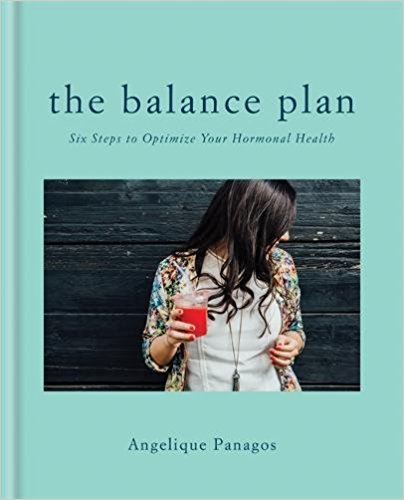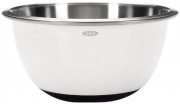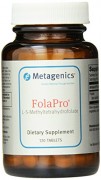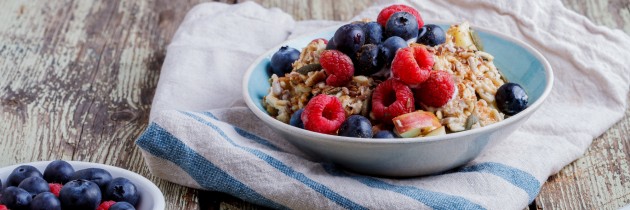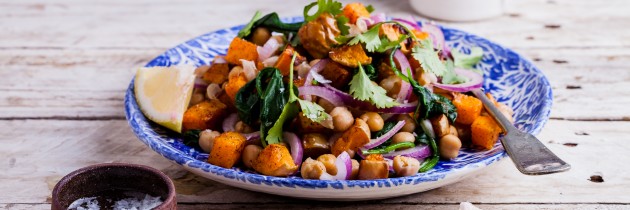A food prescription for the winter blues
As you look outside at the grey skies and notice your social calendar is looking rather empty, you realise that the end of the festive season is well and truly here. The Christmas decorations have come down, we have eaten the last mince pie and all the sparkling coloured lights are being packed away. But for some reason they are taking your good mood with them! What happened? Who invited the winter blues?
After the hustle and bustle of the festive season there will be a fair few of us wanting a little “pick me up”. So are hitting the sales or the dreaded ‘comfort food’ the only answer?? There is double good news in the answer to that question. Firstly you can most probably pick up some good bargains in the sales and who would not be happy about that? Secondly, there is scientific evidence about the use of food to support our mood and that making positive changes to our diet may help us feel better physically and emotionally overall.
But before we go any further, please see your doctor as soon as a matter of urgency if you have been experiencing low mood, mood swings and depression, these are to be taken serious and while food plays an important role in our overall health, you need to be under the care of a medical doctor as medication and other treatment may be needed.
Our moods are linked to the production or use of certain brain chemicals (neurotransmitters) such as serotonin and dopamine. Many natural compounds found in foods work as precursors to our neurotransmitters. A shortage of these precursors can change the way we feel and behave. Therefore what we eat plays a significant role in how we feel.
Bet that got your attention—let’s explore what’s on your food prescription….
Tryptophan rich foods– cottage cheese, chicken, turkey, oats, egg whites, tuna, brown rice, peanuts, sesame seeds, pumpkin seeds, banana, figs , walnuts and avocado
What they do – Tryptophan is an amino acid and it helps the body produce happy chemicals serotonin and melatonin which aids sleep.
Vitamin B rich foods– brown rice, oats, eggs, natural yogurt, milk, cheese, wholegrains, chicken, mushrooms, pumpkin, sweetcorn, watercress, cabbage, broccoli, mackerel, asparagus, spinach, root vegetables, courgettes, tomatoes, cauliflower, wheat germ, red kidney beans, sardines, lamb, turkey, soya beans
What they do– B vitamins aid in the proper functioning of the brain and the nervous system. They can help with poor concentration and memory, stress, irritability, anxiety and low mood. We deplete B vitamins when faced with a stressful situation so be sure to replenish your levels
Magnesium rich foods– Wheat germ, nuts (especially almonds, cashews, brazils, pecans), seeds, brewers yeast, buckwheat flour, wholegrains, beans, garlic, apricots, dried figs, bananas, raisins, dark green leafy vegetables, peas, potato skin, crab, lentils, soya beans, meats, poultry, fish
What they do– magnesium aids in dealing with anxiety, mood swings, PMS, irritability, stress, insomnia. It’s nature’s natural relaxant
Zinc rich foods– Oysters, ginger roots, lean red meat (especially lamb), dry split peas, chick peas, haddock, peas, turnips, nuts (especially brazil, pecan, almonds, peanuts), egg yolks, wholegrains, rye, oats, lentils, rice, pulses, seeds (especially pumpkin seeds), canned fish, green leafy vegetables, mushrooms, potatoes, cheese, brewers yeast, blackstrap molasses
What they do– zinc activates areas of the brain that receive and process information from taste and smell sensors and plays a role in supporting our immune system
Omega 3 rich foods– Oily fish (especially mackerel, sardines, herring, swordfish, tuna, salmon, pilchards), flax seeds (linseeds), sunflower seeds, pumpkin seeds, green leafy vegetables (especially spinach and cabbage)
What they do– this essential fatty acid may influence mood, personality, poor memory and behaviour
Selenium rich foods– Tuna, oysters, herring, cottage cheese, beef liver, courgettes, cod, chicken, seeds, brazils nuts, poultry, broccoli, cabbage, onions, garlic, yeast, cereals, wholegrains
What they do– a deficiency is linked to mood disorders, irritability and hypothyroidism.
Another point to remember, we need to keep your second brain (gastrointestinal tract/’GI tract’) healthy! Health begins in the colon and our gut lining absorbs all the nutrients from the foods we eat. We are eating to make sure we have the right precursors for the happy hormones, yet we also need to ensure we can actually absorb them! Find out more in my Beat the bloat programme .
There you have it- your own ‘winter blues busting kit’! As you can see enjoying a varied whole food diet is the key to happiness. Please remember to see your doctor as soon as possible if you have had any changes to your mood, low moods or if you are depressed.
Nourishing well wishes
Angelique
Consult your doctor or health care practitioner for any health problems, before embarking on any new health regimes, using any supplements or before making any changes in prescribed medications or food programmes.


